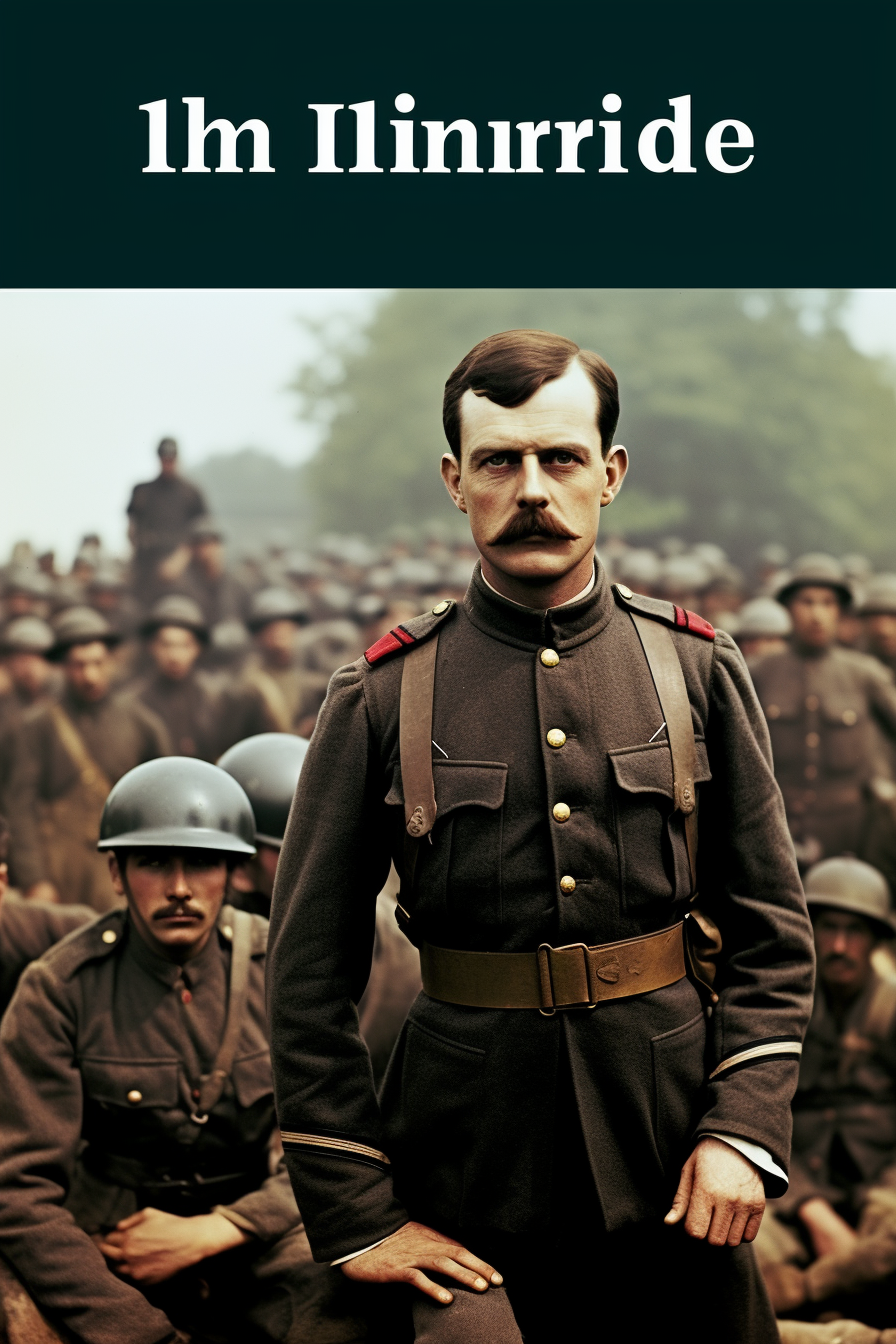Post
Introduction to World War I
World War I, also known as the Great War, was a global conflict that took place from 1914 to 1918. It originated in Europe but quickly spread to involve nations from across the world. The war was primarily fought between the Allied Powers, which included France, Russia, and the United Kingdom, and the Central Powers, consisting of Germany, Austria-Hungary, and the Ottoman Empire.
The causes of World War I were complex, with a combination of long-term tensions and immediate triggers. One of the main causes was the system of alliances that had been created among European nations. The assassination of Archduke Franz Ferdinand of Austria-Hungary in June 1914 by a Bosnian Serb nationalist acted as a catalyst for the outbreak of war. The alliance system then drew in other countries, escalating the conflict.
Underlying tensions also played a crucial role in triggering the war. Nationalism was rampant in Europe, with many nations striving to establish their dominance and expand their territories. Imperialism, the belief in a powerful nation's right to control weaker territories, also intensified competition among European powers. Economic rivalries, especially over trade and colonial possessions, further fueled tensions and created a volatile atmosphere in the years leading up to the war.
The key players in World War I were led by powerful leaders and military commanders. On the Allied side, France was under the leadership of President Raymond Poincare, while the United Kingdom was led by Prime Minister David Lloyd George. Russia, initially an ally before facing internal strife, was under the rule of Tsar Nicholas II. Germany, led by Kaiser Wilhelm II, Austria-Hungary with Emperor Franz Joseph I, and the Ottoman Empire, governed by Sultan Mehmed V, formed the Central Powers.
The outbreak of World War I shattered the hopes of a quick and decisive victory, as both sides underestimated the scale and duration of the conflict. The war turned into a brutal stalemate characterized by an unprecedented form of warfare known as trench warfare. This prolonged and grueling war of attrition had a profound impact on both soldiers and the overall course of the war.
In subsequent posts, we will explore the realities of life in the trenches, the weapons and technological advancements used during the war, the effects on civilians and the home front, and the events that led to the end of the war with the signing of the armistice and the Treaty of Versailles. Through a closer examination of these aspects, we can gain a deeper understanding of the significance and consequences of World War I.
